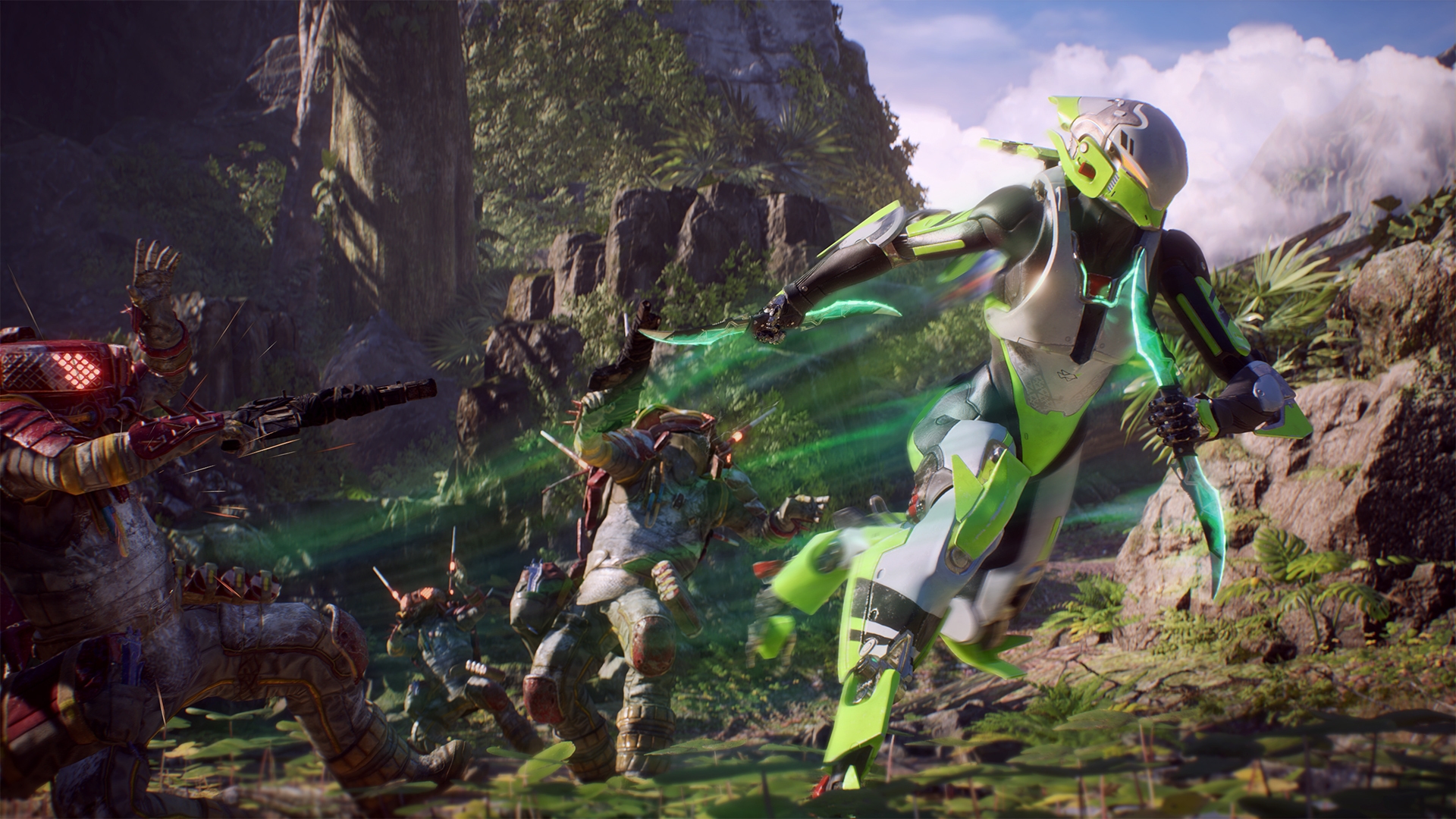- Published on
Dragon Age and Anthem producer says live-service games can 'dramatically' fail as they forget they're competing with juggernauts like World of Warcraft as they are now, not as they were 20 years ago
Former BioWare executive Mark Darrah discusses the failure of many live-service games, arguing that they underestimate the competition with established games like World of Warcraft, ignoring the player's established routines and social circles within those games. New games need to significantly surpass existing ones to overcome the inertia of switching.

Former BioWare executive Mark Darrah, who was a longtime producer on the Dragon Age series and Anthem, says that so many live-service games have suffered the same doomed fate as his exo-suitted shooter because companies forget they're competing with games like World of Warcraft as they are today, not as they were at launch.
In his most recent YouTube video, Darrah spoke out about some of the disadvantages plaguing new live-service games (games that aim to continue growing for years after launch.) "When I'm trying to get you to pick up my forever game, what I have to think about is the fact that I'm not competing against that other forever game at its day of launch," Darrah says. "I'm not competing with World of Warcraft on the day it came out; I'm competing with WoW at the last moment that the prospective player played that game. That game got better after its launch for that player. Even if they're not playing it any longer, that experience improved for them, hopefully, over the time they played it."
Keeping up with a game that's effectively been in development for decades, as is the case with World of Warcraft, is one thing, but Darrah also highlights that, from a player's perspective, switching between games isn't just about quality. "You're competing with the inertia of the fact that people have already integrated this game into their day-to-day life," Darrah calls out. Many players slot live services into their daily routines and may "already have a social circle built" around these digital worlds, so games that have been amassing millions of players a day have a built-in advantage.
"You need to be better enough than that game to make it worth the while of going to all the trouble of switching. They need to buy this new game, they need to convince their friends to come along with them, they need to relearn this game, they need to re-level up – there are a lot of barriers to switching between two live services. But, even if I've already set that other live service aside, the fact that I played it for so much longer has anchored a perception of what this kind of game is supposed to be like, that this new competitive game has to overcome," he continues.
Darrah says that so many live-service games have failed "so dramatically" because "companies have forgotten this or didn't know it in the first place and are thinking this live service only needs to be comparable to this other live service [and] doesn't need to dramatically beat it." I'd also add that there probably aren't enough hours in the day for people to support the dozens of live-service games that come out every year forever, so let's maybe hit the brakes.
Check out the best co-op games of all time to find something to play with friends that won’t eat up all of your free time.